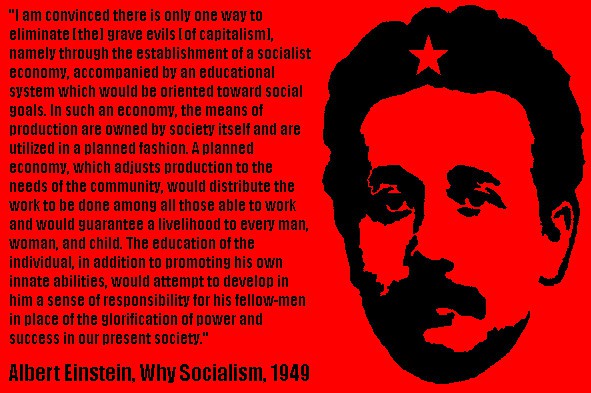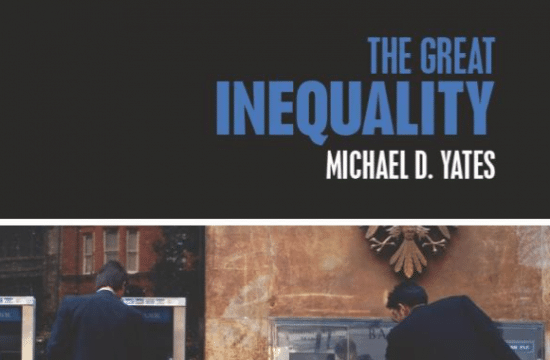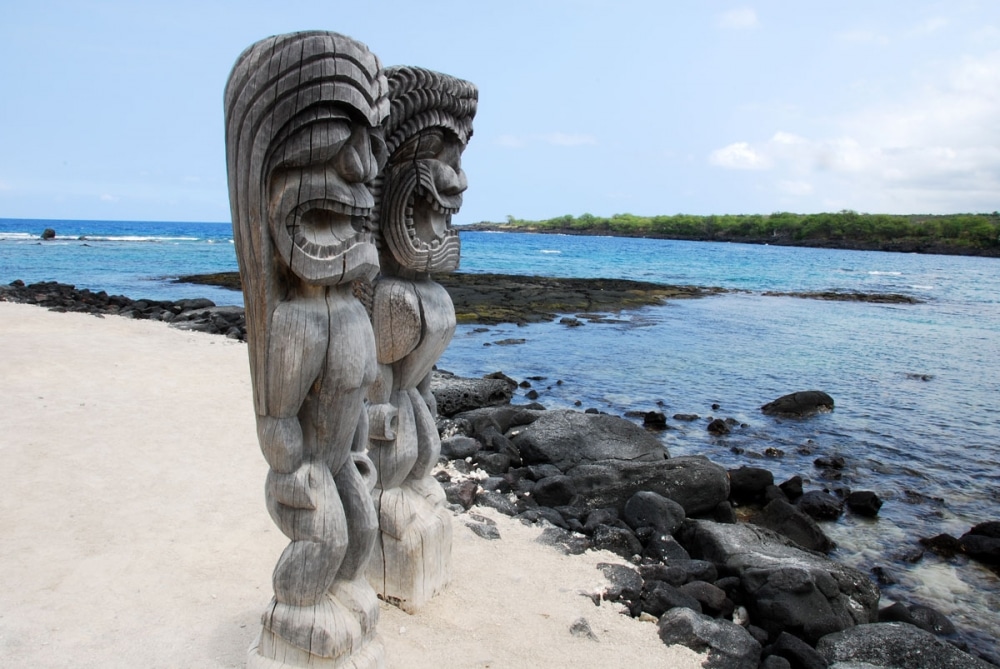Nearly all of the world’s people, who are overwhelmingly wage laborers and peasants, endure oppression. Of course, societies vary considerably in both the degree and openness of this oppression. Sweden is no doubt a less repressive nation than is the United States, and the latter is less coercive than is Saudi Arabia. Nonetheless, the lot in life of most persons is to be subjected to the control, in one way or another, of a minority of their fellow human beings.
Ordinarily, we suffer abuse in silence, fearful of what might happen to us if we protest or not able to pinpoint exactly who or what is making us miserable. However, sometimes the power of the minority breaks down. It may suddenly lose legitimacy, or it may be defeated by an organized struggle. Then all hell can break loose. The grievances held in check for so long are brought into the open, and the multitude demands that they be addressed. Violence is not uncommon in such circumstances. When China’s peasants helped the Chinese Communists defeat their landlord exploiters, and when it was no longer possible for their former superiors to punish them, they took sometimes horrible vengeance against the land owners who for centuries had treated them little better than animals.
Iran is a tyrannical society. It is organized theocratically, run by religious zealots, who use their power, backed by armed might (regular military forces and special militias dedicated personally to the religious elite), religious authority, and the prestige they have inherited from their role in the overthrow of the Shah, the long war with Iraq, and defiance of the United States and its allies, to elicit or compel obedience from the worker and peasant majority. Unions are illegal; women are especially oppressed; government spies and morality police keep a strict watch over personal behavior; media are tightly controlled and sometimes blocked; and certain groups are favored economically—notably the Revolutionary Guards—to keep their loyalty.
Iran’s repressive apparatus is mitigated by a clever populism, which is common in many societies. Money and social services are directed toward the poor, reducing their poverty somewhat (although the distribution of income and wealth in Iran has become more unequal in recent years). Ordinary people are recruited into the state’s many agencies, and this gives legitimacy to the government. Elections are allowed and participation in them is encouraged, even mandated, although the list of candidates is dictated by the religious leaders. A major consent device used by the rulers, one that is practically universal, is nationalism. Given Iran’s history, this resonates strongly with the population. The people are legitimately hostile to the imperialist ambitions of the United States and Israel, its regional surrogate. I would bet that most are not opposed to their country’s nuclear ambitions.
There is much antagonism toward the government of Mahmoud Ahmadinejad, a reflection not only of his personal follies—such as his pathetic holocaust denials—but also of their disgust with the entire repressive machinery. Because of the state’s deep infiltration into everyday life and because of the brutal defeat of the organized forces of the left after the 1979 revolution, this antagonism has seldom ventured into the open.
Now comes the recent election. Those hopeful for a more open society backed Ahmadinejad’s opponents, especially former president Mir Hossein Mousavi. Tens of millions of people voted, and hopes were high. Hopes were soon dashed, however, when the clerical rulers announced, ridiculously soon after the voting closed, that Ahmadinejad had won in a landslide. This outcome was so implausible and so galling that immediately afterward people took to the streets in protest. They have been there ever since, although in fewer numbers as the rulers have begun to crack down, with violence, on dissent. Vote fraud has been admitted, even a good deal of it, but the declared result of the election has not been changed and probably will not be.
What should we make of all this? First and notwithstanding the fact that millions did vote for the current president and have rallied behind him, this is indeed a popular uprising, aimed at creating a more democratic and less oppressive society. As such, it should be embraced by all radicals and progressives. No one should doubt that the United States has been trying to destabilize the Iranian government for many years and has agents inside the country to help this along. But the demonstrations have been too large and spontaneous to have been the product of CIA machinations. Second, we should abandon the argument that supporting the demonstrators gives aid and comfort to the imperialists. It may be that Mousavi would be as bad as Ahmadinejad, but it would be a mistake to believe that he would have become a stooge of the United States. This isn’t possible in Iran today. And in any event, Ahmadinejad’s anti-imperialist rhetoric has always rung a bit hollow, more for domestic consumption than a matter of principle. Plus, we must recognize that it is up to the Iranian people, not us, to decide what to do now. I used to work for the United Farm Workers union. Cesar Chavez ruled with an iron hand, brooking no dissent either from staff or rank-and-file farm workers. When workers pushed for control of their own union, Cesar crushed them. Was it wise for some who should have known better to stifle their concern about what Chavez was doing because his allies said that openly criticizing him gave aid and comfort to the growers? The internal collapse of the union tells us otherwise. Those who use a parallel argument now for Iran will be judged harshly by the Iranian people.
I don’t think the Iranian state is about to be overthrown. But I fervently hope that the uprising wins at least partial victories and that the more open society that might result allows space for the rebirth of progressive and radical movements of all types, movements that will ultimately throw the reactionary rulers of Iran onto history’s rubbish pile.






I agree – it is not up to the US to decide what to to next – the Iranians must figure it out. What would they (the right wingnuts I sometimes listen to on the radio) have us do? Would they have us send in more soldiers to get killed? Would they have us send bombs and missiles to kill more innocent women and children like we did in Iraq? I have to stop listening to that stuff – it makes me crazy!
Michael,
Much as though I support what you’re striving for, and although I agree with a good part of what you are saying here, let’s remember that we are not Iranians. In your case, what you directly have to deal with is the policy of the US government. In my case, what I have to deal with directly is the policy of the Dutch government. That is where we can have an effect. We can be sympathetic to Iranian people who confront electoral fraud and unjust repression, but we have to be aware that the elites of our own countries use this sentiment to further their own policy for the world, which is a policy that leads to unemployment, exploitation and poverty for ordinary workers everywhere. Their riches are our misery. The Iranian people do not benefit from foreign elites meddling in their political affairs. But we can do little that has political effect in Iran. Rich people just try to rearrange the geopolitical landscape to suit themselves. So, before we condemn the whole Iranian polity from afar, without thorough knowledge, let us please look first at what our own society and our own state is doing, the society and the state we live in, and that we know best from personal experience. We help Iran best, if we attack the wrong policies of our own governments towards Iran. Iranians have to fight their own battles, we cannot do that for them. What we can do, is to act on our own people, have an effect on our own people.